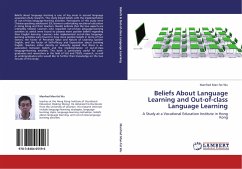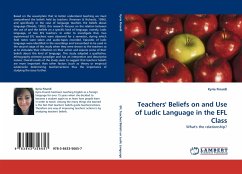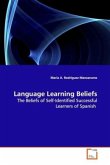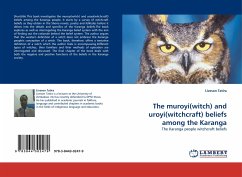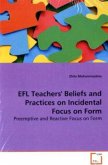Beliefs about language learning is one of key areas in second language acqusition (SLA) research. This study linked beliefs with the implementation of out-of-class language-learning activities. Participants of this study were Chinese-speaking adolescent ESL learners undertaking vocational education in Hong Kong and their teachers. Results indicate that the two aspects are intimately related: Learners who regarded out-of-class language-learning activities as useful were found to possess more positive beliefs regarding their English learning. Learners who implemented out-of-class language-learning activities were found to have more positive beliefs in terms of two factors, the factor of Perceived Value and Nature of Learning Spoken English, and the factor of Self-efficacy and Expectation about Learning English. Teachers either directly or indirectly agreed that there is an association between beliefs and the implementation of out-of-class language-learning activities. This book is particularly useful for post-graduates and researchers in the field of SLA and TESOL research, as well as undergraduates who would like to further their knowledge on the two focuses of this study.
Bitte wählen Sie Ihr Anliegen aus.
Rechnungen
Retourenschein anfordern
Bestellstatus
Storno

